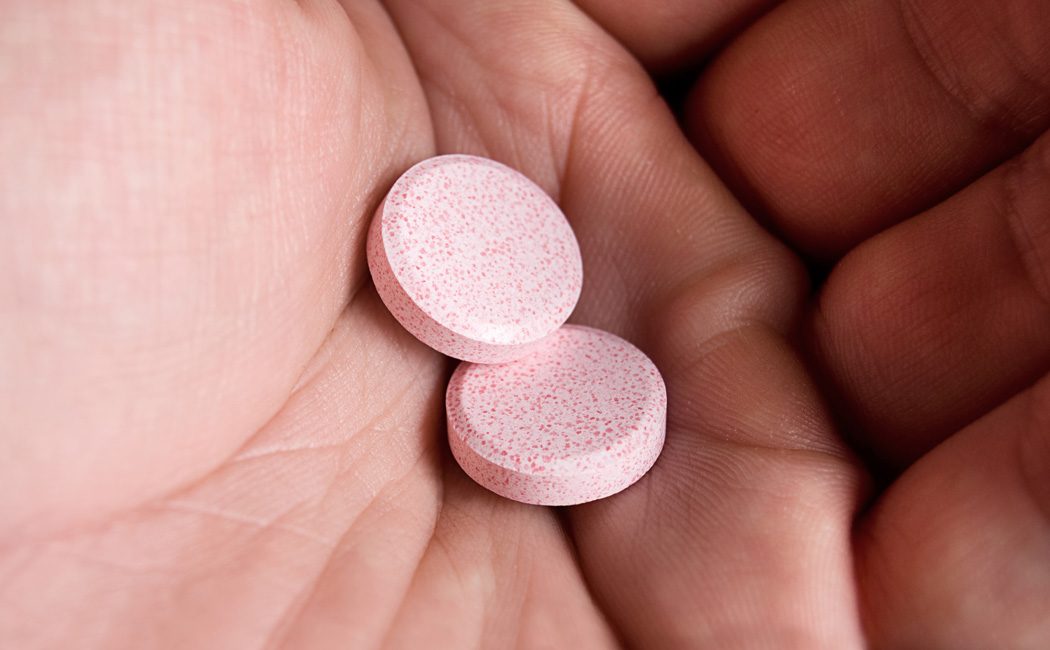So, this is his story in his own words, he’ll remain anonymous;
‘I was first prescribed Lanzoprazole around 20 years ago when I was 25. I had started having problems with severe acid reflux. The specialist said I had a problem with the top sphincter above my stomach. I was prescribed Lansoprazole.
I was fairly fit, I went to the gym regularly and looked very healthy. Unfortunately, these tablets were stopping natural digestive functions.
After 3 years, I started getting really bad anxiety and having cognitive problems something which until this day still rules over my everyday life. Long story short I now can’t seem to get off these tablets, when I try, I get terrible rebound and can’t function at all.
I also haven’t been able to work for six years due to anxiety and depression and over the past 3 years have developed some kind of eating issue where I can’t digest any food. I have constant fibromyalgia symptoms, bloating, and insomnia.’
‘I actually have every side effect that’s written on the leaflet insert inside the packet. Yet the doctors deny that these are caused by the drug’.
Lansoprazole: Antacid Side Effects
There are many side effects of antacid medication, but the correlation between long term use leading to other issues are just coming to light. In fact, the cold turkey side effects when coming off these drugs are actually worse than the initial illness.
These figures are from the package leaflet;
Common 1 in 100 people: Headaches, feeling sick, diarrhoea or being sick, stomach pain, wind, itchy skin rashes, feeling dizzy, dry mouth or throat.
Call your doctor right away if these side effects occur;
Un-Common 1 in 1000 people:
- joint pain along with a red skin rash, especially in parts of your body exposed to the sun, such as your arms, cheeks and nose – these can be signs of a rare condition called subacute cutaneous lupus erythematosus. This can happen even if you’ve been taking lansoprazole for a long time.
- Stomach pain that seems to be getting worse – this can be a sign of liver or pancreas inflammation.
- Depression
- Oedema, arthralgia, myalgia, fracture of the hip, wrist or spine.
Rare 1 in 10,000 people;
- Anaemia, Insomnia, hallucinations, confusion, restlessness, vertigo, paresthesia, somnolence, tremor, visual disturbances, glossitis, candidiasis of the oesophagus, pancreatitis, taste disturbances, liver disease – hepatitis, jaundice, Petechiae, purpura, hair loss, erythema multiforme, photosensitivity, interstitial nephritis, gynecomastia, fever, hyperhidrosis, angioedema, anorexia, impotence.
Very Rare 1 in over 10,000 people;
- Agranulocytosis, pancytopenia, colitis, stomatitis, Steven-Johnson syndrome.

